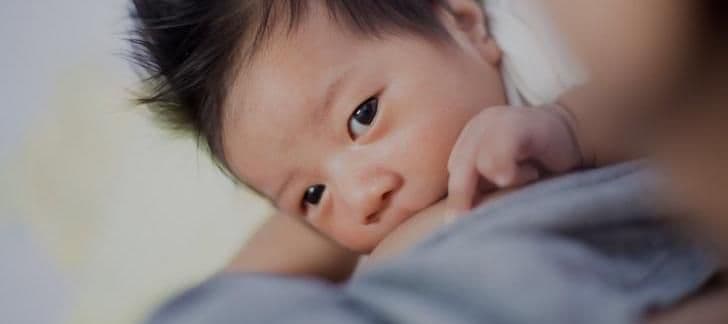Labor Fears Linked to Postpartum Depression
Pregnancy News
Obie Editorial Team

An estimated 50 to 80 percent of all women who give birth encounter some form of postpartum depression within the first year after delivery. Women with a prior history of depression are statistically more susceptible, but intriguing new research from Finland sheds light on another potential cause: an intense fear of labor and childbirth.
PPD manifests through a variety of symptoms such as anxiety, irritation, restlessness, and tearfulness, and it can appear at any point within the first year postpartum. While symptoms can range from mild discomfort to severe distress, in some rare cases, postpartum psychosis could develop, requiring immediate attention.
Understanding the Link: Our knowledge over time has shown a substantial connection between a pre-pregnancy depression diagnosis and PPD. However, identifying who may develop PPD without prior symptoms has remained challenging—until now. This recent insight is crucial because identifying at-risk women enables timely monitoring and intervention. Remember, any form of depression should be addressed as promptly as possible to ensure the well-being of the mother, child, and family.
The Finnish study that we’re discussing analyzed the emotional health of women from 2002 to 2010. Here are some key takeaways:
- Of the women who delivered a singleton baby, 0.3 percent were diagnosed with postpartum depression during the study period.
- Within this group, 5.3 percent had a history of depression, emphasizing how past mental health impacts postpartum experiences.
- Notably, 0.1 percent lacked a history of depression but still developed PPD.
Women without a history of depression but who had a physician-diagnosed fear of childbirth were found to be three times more likely to develop PPD compared to those who did not report such fears. Being informed about other risk factors empowers us further:
- Giving birth to a child with a major congenital anomaly can be an emotional challenge.
- Delivering a premature baby is another potential stressor aligning with the onset of PPD.
- A cesarean-section delivery can also be linked to increased PPD risk.
Empirical Insight: Unlike studies that rely on self-reporting, this particular study connects diagnosed PPD with comprehensive medical records, providing robust data to back its findings.
Let this knowledge guide us in providing better support to new mothers, ensuring close attention to those at risk, and fostering an environment of openness where mental health is prioritized. As your guide in this journey, I encourage you to stay informed, ask questions, and seek help when needed.
Source: Raisanen, Sari, et al. "Fear of childbirth predicts postpartum depression: a population-based analysis of 511,422 singleton births in Finland." BMJ Open. BMJ Publishing Group Ltd. Nov 28, 2013. Web. Jan 16, 2014.









